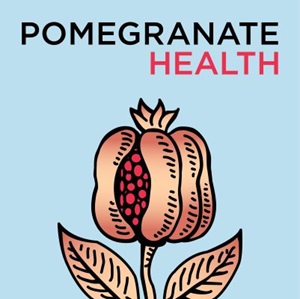
You'll hear clinicians, researchers and advocates discuss all aspects of professionalism and quality improvement in healthcare. This includes clinical ethics, diagnostic bias, better communication and more equitable systems.
For a sampler of these diverse themes of professional practice take a listen to Episode 132 and Episode 125.
If RACP is your CPD home, you can log time spent listening to each episode with the "Add activity to MyCPD" button. And if you're a Basic Physician Trainee, the [Case Report] series might help you prepare for your long case clinical exams.
This is also the home of [IMJ On-Air], featuring authors from the Internal Medicine Journal sharing their latest research. Meanwhile, the [Journal Club] episodes give RACP members a place to talk through their research published in other academic journals.
Feel free to leave feedback in the comments section for each episode or send it to us via email at podcast@racp.edu.au.